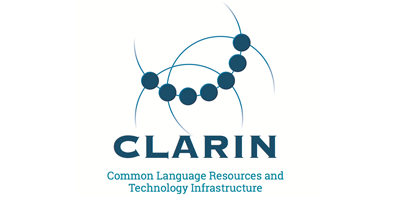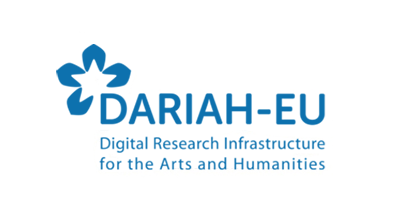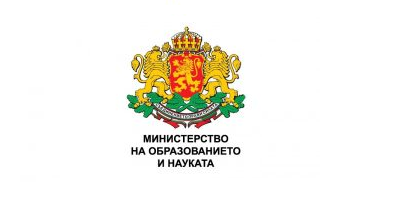South-West University “Neofit Rilski”
The South-West University “Neofit Rilski” is one of the five classical universities in Bulgaria and with the Government’s decision in 2024 acquired the status of a research university. The University participates in CLADA-BG with a team of linguists from the Department of Bulgarian language.
The Department of Bulgarian language is a part of the Faculty of Philology at South-West University “Neofit Rilski” which was established in 1991 (one of the first in the university). The faculty teaches specialists in two of the key competences outlined in the European Reference Framework – communication in the mother tongue and communication in foreign languages.
The Department of Bulgarian Language provides courses mainly for the Bachelor’s programs of the Faculty of Philology (“Bulgarian Philology,” “English Philology,” “English: Translation and Communications,” “English Language and Ethnology,” “Pedagogy of Bulgarian Language and Foreign Language Teaching,” “Applied Linguistics,” “Foreign Language and Business Administration”). Courses proposed by the members of the department—such as “Orthography and Spelling of the Bulgarian Language,” “Contemporary Bulgarian Language,” “Contemporary Bulgarian Language with Linguistics,” “Phonetics,” etc.—are compulsory or elective in some other faculties (Faculty of Pedagogy, Faculty of Philosophy, Faculty of Arts, Faculty of Public Health, Health Care and Sport, etc.).
The Department of Bulgarian Language also provides Bulgarian language education for foreign students at the university.
The members of the Department participate as team leaders or team members in a number of international, national and intra-university research projects.
The participants of CLADA-BG have diverse interests related to contemporary Bulgarian language, colloquial speech, media speech, teaching Bulgarian as a second/foreign language, corpus linguistics, stylistics, sociolinguistics, etc.
So far in the project they have carried out three main activities:
* supervision of the collection of linguistic information from students and comparison of word uses with their meanings from the Bulgarian Wordnet (BTB – Wordnet) in specific contexts;
* sequential summarization of the collected information, documentation of problematic cases, and notation of recommendations for the information-gathering software regarding the data used as input;
* revision of language tasks related to the teaching of Bulgarian as a foreign language.
EU Context and Financial Support



